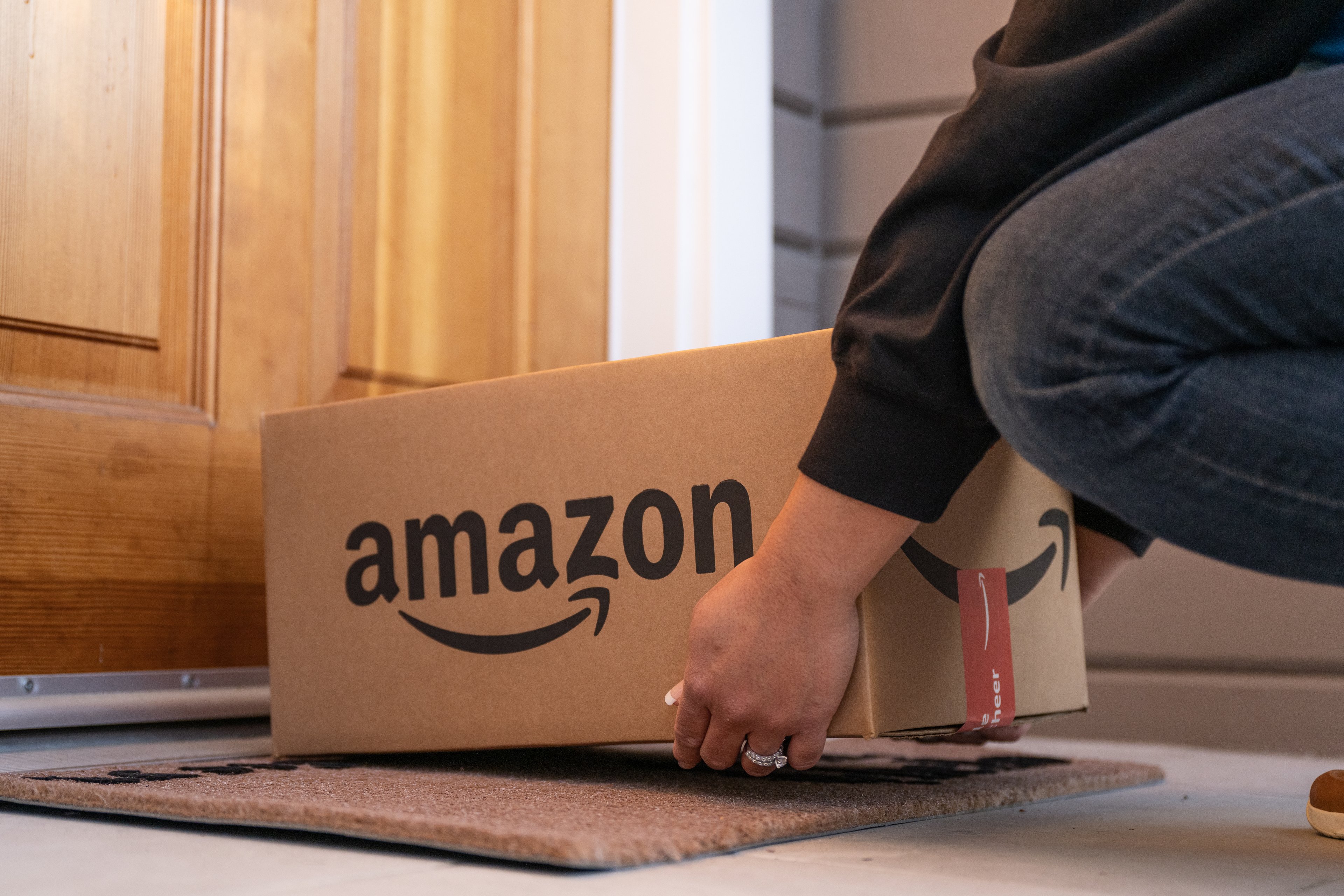Nearly two decades ago, Major League Baseball changed the history of streaming video by forming MLB Advanced Media. MLB Advanced Media, or "BAM" for short, went on to create a live streaming service called MLB.TV, which gave (and continues to give) subscribers access to every live regular-season baseball game that is not on TV in the subscriber's local market. BAM also went on to play a role in some other major streaming events: A spin-off subsidiary, BAMTech, helped build HBO's streaming platform and was later acquired by Walt Disney (DIS 7.20%), where it lives on as Disney Streaming Services.
All of which is to say that Major League Baseball has a rich history in streaming. Now, America's pastime is once again poised to change the world of streaming. This time, it's about filling the streaming gaps that MLB.TV created years ago. Thanks to a recent decision by league leaders, it may soon be possible for fans to stream their home team's games online without a cable subscription.

Image source: Getty Image.
MLB.TV and baseball's blackouts
MLB.TV's current setup is designed to appeal to two sorts of fans. A baseball superfan might buy an MLB.TV subscription in order to watch a whole lot of baseball -- that is, the hundreds of games that are not available on TV in the subscriber's area. Another sort of fan might simply find him or herself outside of their favorite team's market. For example, a Mets fan in Denver can sign up for MLB.TV and catch every Mets game that airs on New York area-regional sports network SNY -- except, crucially, any games that the Mets play against Denver's own Colorado Rockies. Those games would air on a regional sports network (RSN) in our hypothetical subscriber's local market, and would therefore be blacked out.
Local streaming rights do exist, of course, but they are not held by MLB.TV. Instead, they are sold individually -- not by the individual teams, but by the league. Rather than sit on those rights, MLB has been doling them out in contracts that are separate from the regional TV rights that are sold by the individual teams.
That's about to change. Thanks to a unanimous vote of MLB owners held back in November, MLB teams will gain control of their own local streaming rights in 2020 (the transition will be complete by the start of the 2020 regular season). That makes it a matter of time before local fans in areas all across the country have the option to subscribe directly to a regular season's worth of game broadcasts from their favorite team (excepting, of course, those games that air on national broadcasts like ESPN's Sunday Night Baseball).
A whole new ballgame
The local streaming revolution won't happen all at once. There are still some legacy contracts to worry about, and not every team is equipped to start streaming to fans right out of the gate. The first team to stream will likely be the New York Yankees, because their re-acquisition of New York-area RSN YES with tech giant Amazon (AMZN +1.60%) as a partner gives them the streaming muscle and rights that they need to get started fast. The Bronx Bombers are reportedly already working on such a local streaming project. Teams will have to wait for existing local streaming deals with RSNs to run out before making new arrangements, but the Yankees won't have that problem, because they own their own RSN.
The Yankees won't be the last team to offer a direct-to-consumer streaming option, though. And when teams start putting out streaming subscriptions, it will be disastrous for cable and satellite providers. Sports have long been a last refuge for advertisers, television networks, and pay TV providers. Sporting events are widely considered to be "DVR-proof," since fans prefer to watch them live. And with live TV streaming options still relatively weak compared to on-demand options, it's easy to see why some consumers weigh their decision to cut the cord against a love of their local team.
Trouble for cable companies
Much has been made of baseball's supposed decline in popularity, and there's no denying that national broadcasts of NBA games far outdraw programs like ESPN's Sunday Night Baseball. But focusing on national broadcasts is misleading -- and, besides, MLB's new streaming decision won't actually affect any national broadcasts. As The New York Times pointed out in October, baseball is a highly local sport. A fan's willingness to watch Sunday Night Baseball is not necessarily indicative of the same fan's interest in watching every game that the local team plays. Any objective analysis of regional broadcasts will find that baseball remains massively popular. When such broadcasts are available from the teams themselves (likely via Yankees-Amazon style partnerships with tech companies), that will be a big problem for RSNs and cable companies.
Soon, all of that popularity won't do cable and satellite providers a lick of good. And if other leagues follow MLB's lead, things could get even worse. If defecting sports fans cause a final collapse of legacy pay TV, observers should look back at this moment as a turning point. With one vote, Major League Baseball has changed the streaming future as surely as it did when it founded MLB Advanced Media.







